Featured
The menace of age fraud in Indian sports and how it can be checked
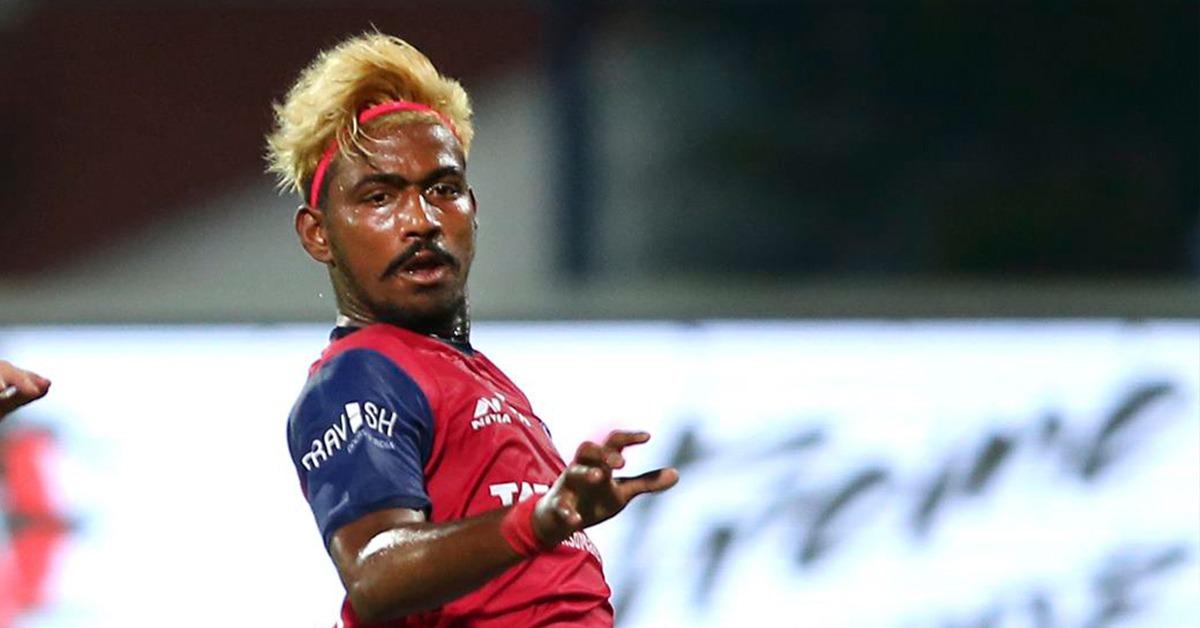
The country recently witnessed a shock in the form of U-19 Cricket World Cup Final Man of the Match Manjot Kalra being handed a one year ban by DDCA from all Ranji Games on account of age fraud.
Pick up any sport in India and you would see the menace of age fraud mushrooming in all of them. Consider badminton for example. Celebrated badminton prodigies and upcoming players including sub-junior national champions have allegedly been found overage. As per a writ petition filed in Karnataka High Court, allegations have been made that in a case, a boy who stated that he was born in 2005 was found by CBSE Vigilance committee to be admitted in a school in 2005 itself!
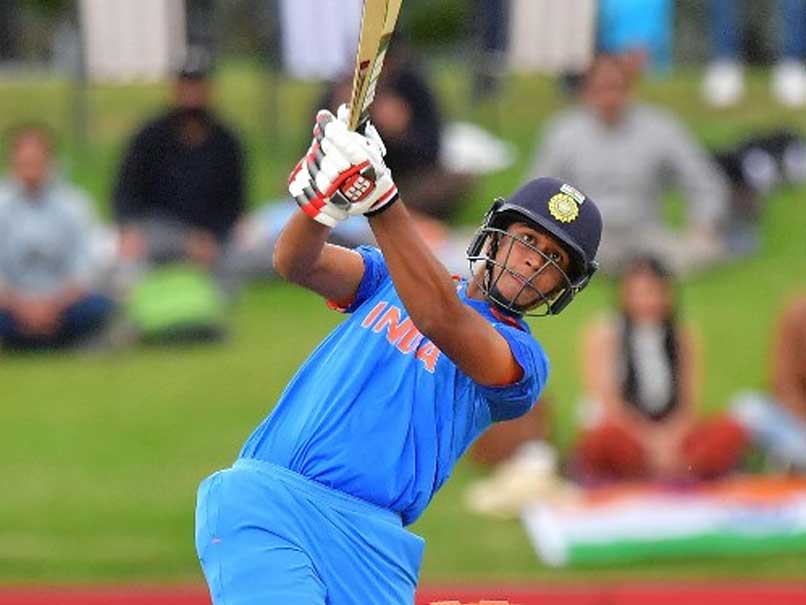
Now consider athletics. As recently as December 2019, 51 youngsters were found over-age in National Inter-District Junior Meet.
Moving over to football, 2018 saw Indian Super League's "youngest" goal-scorer Gaurav Mukhi being found overage (possibly 21) instead of the stated 16! Even this year, there have been accusations that the Indian U-15 national team captain was overage!
This rampant disease of age fraud needs a check at all levels. Let us broadly understand the legal framework surrounding age fraud.
The legal framework surrounding age fraud
The legal framework surrounding age fraud consists of 4 broad aspects.
Firstly, the archaic Births and Deaths Registration Act, 1969 has led to a situation where more than 20% of births are not registered in India.
Secondly, the National Code against Age Fraud in Sports, 2010 which applies to all recognized national sports federations, SAI and its centres, state governments and their sports authorities etc. This code deals with the bodies on which the code applies, medical examination, issue of id card, powers conferred on different bodies etc.
Thirdly, different National Sports Federations have come up with additional regulations for its players and members. Noted examples are the Hockey India Age Fraud Policy, AFI Manual on Age Fraud etc.
The final aspect is the residuary laws. For example- If an overage player goes abroad to play under the fudged data, he/she violates Section 12 of the Passports Act, 1967 which deals with falsification of details.
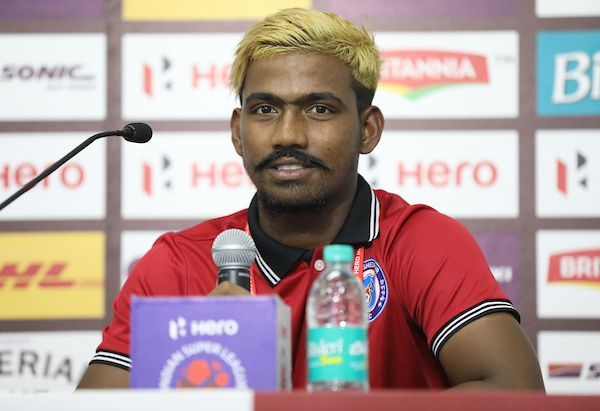
Is vicarious liability attributable?
Vicarious liability is the secondary liability on a person/organization for the act of another. In this context, on a player being found overaged, liability should also be fixed on the state associations or the clubs, as the case may be.
For example, the Jharkhand Football Association had been sanctioned in 2015 when four of its members of the Coca-Cola cup winning team admitted to being overage. The team was stripped off its title.
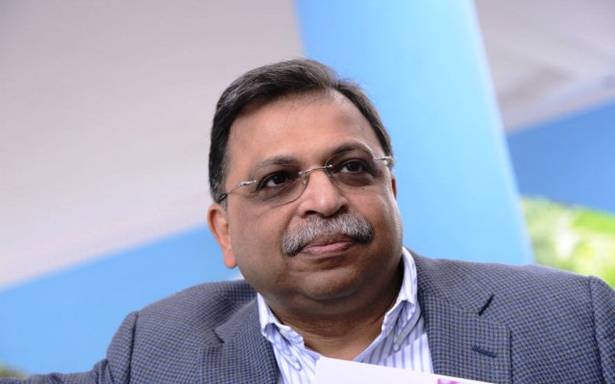
More recently, the AFI in its AGM in July 2019 decided that if AFI finds more than two overage athletes in a year from a state, the secretary to that state association will cease to hold the position for 1 year. Earlier, only the team or offending athletes were banned.
There have also been calls for Team India being stripped off its world cup after the fiasco of Manjot Kalra.
We have seen the broad legal framework which surrounds this disease. However, it's not just the multitude of laws which provide a challenge but the problem of age verification which is now also proving to be a bigger challenge.
The challenge of verification
Different medical tests are conducted for age verification. The most common test is the dental examination. The second test is the TW3 procedure (Tanner Whitehouse 3 procedure) wherein the bone age is determined by radiographs of the left hand, wrist or knee.
However, objections have been raised against this TW3 procedure, especially within the sport of football when a large number of players especially from clubs of northeast failed these tests which were kept as the sole criterion. Importantly, FIFA and the Asian Football Confederation do not follow TW3 procedure and accept only MRI results.
Other than this, fingerprint biometrics are being introduced by AFI wherein a permanent biometric card with a unique ID or QR code is being provided to the junior athletes.
Additionally, to deal with this menace at the administrative level, different sports federations have taken a variety of actions.
Some positive actions
The BCCI has set up a 24 hr hotline. This helpline resulted in catching at least 75 cases of fake age certificates last year. According to this news report, independent verification of age certificates is being carried out without involving the state associations. Besides, another rule that needs to be lauded is that a cricketer can play only in one U-19 World Cup.
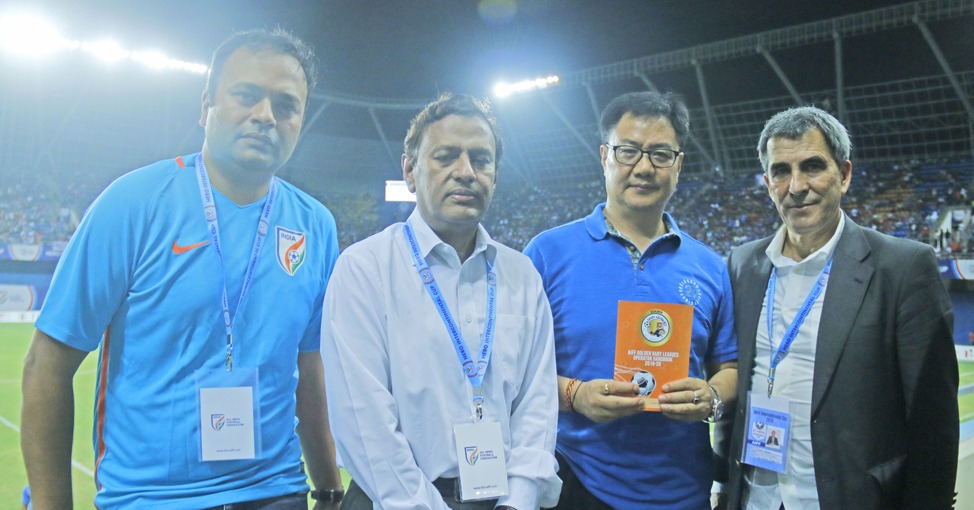
AIFF is also taking some steps and has set up an app called the AIFF Golden Baby League wherein anyone who wants to get their kids enrolled in any academy affiliated to AIFF or pro league teams would need to register through the app at the age of 6. Thus a database of young and upcoming players would be maintained.
Another laudable initiative is taken by the Chess Federation where details of sibling births are also recorded to root out certain fraud cases.
The way forward
Although many federations are taking positive steps to curb this menace, a lot still needs to be done as otherwise, it would discourage genuine junior players from continuing the sport.
Stricter penalties on state associations or clubs could help curb the menace at grassroots. Besides, coaches play an extremely important role in a junior player's career. Liability must be also fixed on the coaches when such cases come to light.
Moreover, investment in personnel and technology for verification purposes need to be made by national federations on a priority basis. Best practices of helplines can be replicated.
Besides, the Sports Integrity Unit of the CBI must be given more powers than just the current assisting powers which essentially makes it an ineffective toothless body. Also, a relook must be given to the National Code for unambiguous directions and stricter penalties.
All this has doubly become important in the light of scholarships given under Khelo India where numerous reports have emerged of alleged age-fudging.
As former Indian Captain Rahul Dravid has said, "Age fraud leads to erosion of culture." It is high time that mends be made to stop further erosion of already vulnerable sports culture of India.
The article was first published on the author's personal blog SportyLaw






